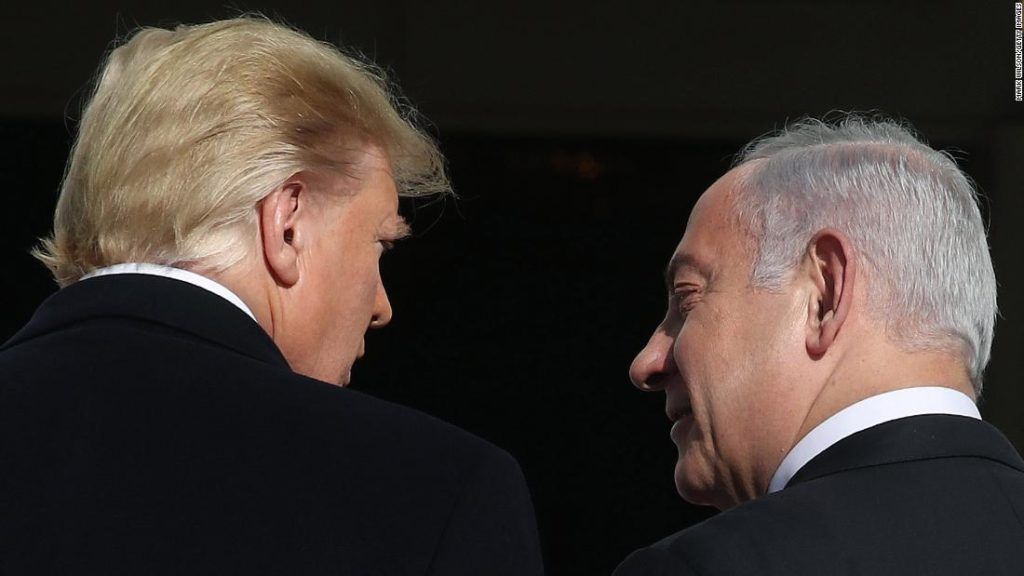So does the next bit. “We, my friends and I in Likud, we will vehemently oppose the establishment of this dangerous government of fraud and surrender,” Netanyahu thundered.
But he was also prepared to accept at least temporary defeat. “And if, God forbid, it is established, we will bring it down very quickly.”
As of now, though, there are no signs of any widespread plan to physically obstruct the transfer of power this weekend. But even if Israel is saved the spectacle of a Capitol Hill-like insurrection, the resilience of its democracy has been sorely tested in the latter years of the Netanyahu era, and like in the US, its core institutions have had to fight back and safeguard basic principles.
It looks like Netanyahu, unless he persuades a surprise defector, will leave office next week, peacefully but without the semblance of grace. The sight of a second populist leader being forced to leave office following a hard-fought election (in Israel’s case, following four consecutive elections) within the space of six months should be instructive.
What the current wave of populist leaders around the world share in common is their populist rhetoric of “us” — the “people” versus “the establishment” — the “elitist traitors” and their “foreign” supporters. They also share an instinctive capability to identify the phobias and the resentments of their base, and are adept at stoking them — building angry coalitions of fear, of loss of privilege and disenfranchisement.
Beyond that, however, every populist is different.
For Netanyahu, populism is just a tool to be used for electoral purposes. Behind it, though, there’s a sophisticated and deeply thought-out strategy.
But his strategy for perpetuating his hold on power has ultimately failed, as did Trump’s populism, because it didn’t take into account the resilience of Israel’s democracy-guarding institutions — the legal establishment, the media and the electoral system. He tried to subvert each of these and was only partially successful.
In Israel and in the US, the institutions persevered, outlasted populist leaders and helped bring about their downfall. But the resilience of these institutions cannot be taken for granted — they require strengthening now that the threat has passed, perhaps only temporarily.
You may also like
-
Afghanistan: Civilian casualties hit record high amid US withdrawal, UN says
-
How Taiwan is trying to defend against a cyber ‘World War III’
-
Pandemic travel news this week: Quarantine escapes and airplane disguises
-
Why would anyone trust Brexit Britain again?
-
Black fungus: A second crisis is killing survivors of India’s worst Covid wave

